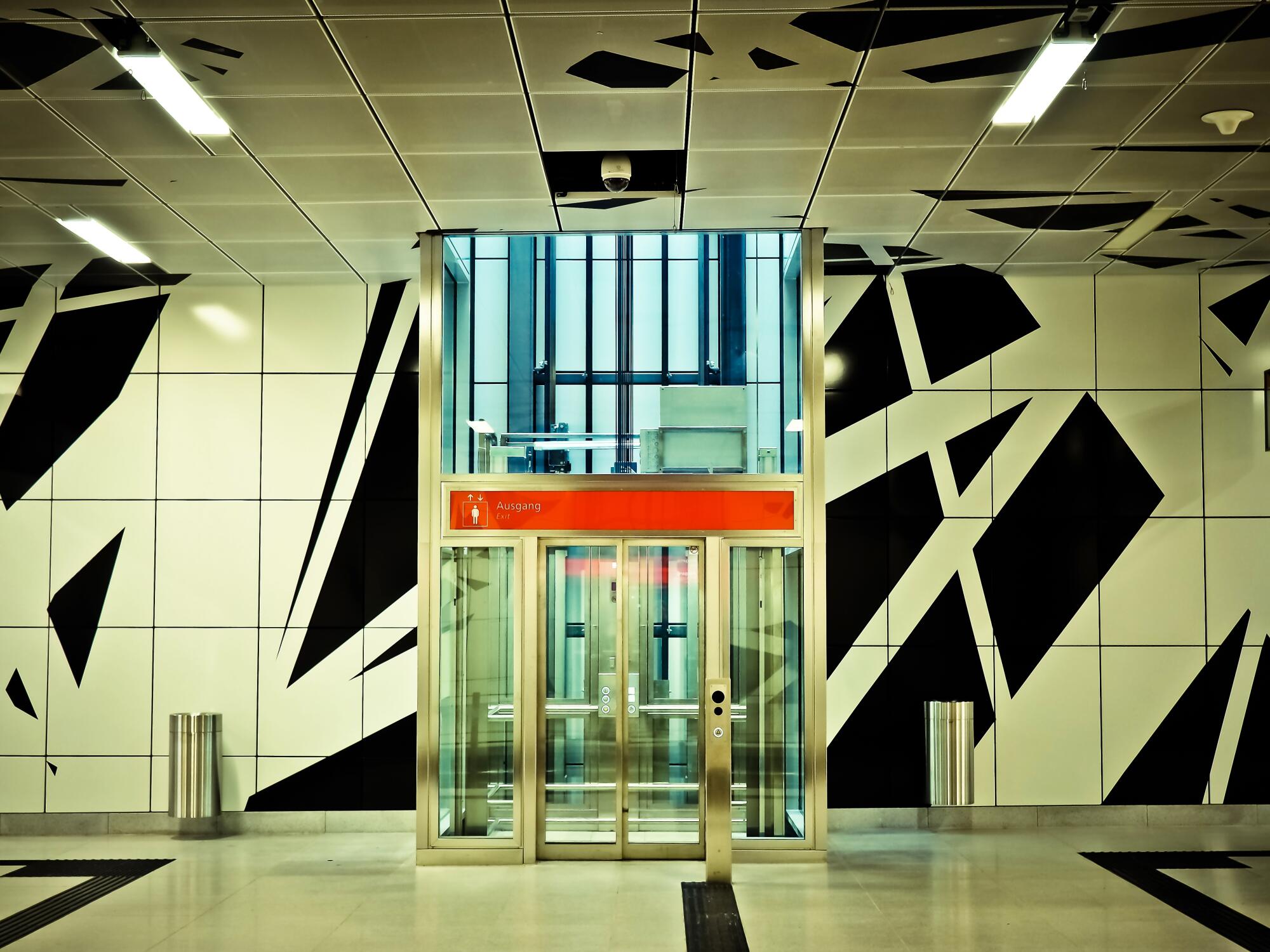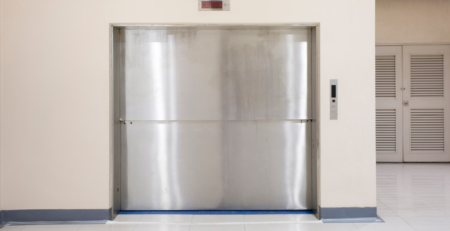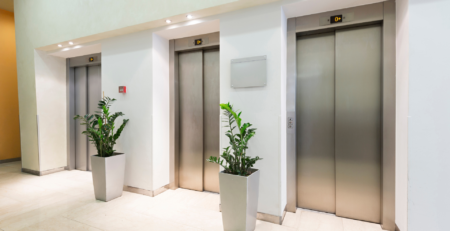Navigating Elevator Inspection Requirements: What to Know
Elevator downtimes can turn a routine day into a logistical nightmare, especially for property managers who juggle tenant satisfaction with safety and compliance. The disruption caused by an elevator out of service isn’t just an inconvenience. It’s a hit to the reputation and functionality of your building that impacts everyone who relies on it for their daily routines.
This article jumps into the world of elevator inspection requirements, a critical aspect often overshadowed by the immediate demands of property management. Yet, these regulations are the backbone of elevator reliability and safety. By understanding and adhering to these requirements, you not only prevent the headaches of unexpected shutdowns but also ensure the longevity and efficiency of your elevators.
Let’s explore how staying ahead of inspection schedules and standards can transform a potential problem into your property’s strength, keeping your elevators( and your day) moving smoothly.
Toledo Elevator Inspection Requirements
In Toledo, keeping elevators safe and functional is not just a priority. It’s a mandate. Elevator inspection requirements are set to ensure that all vertical transportation systems in buildings are operating safely, efficiently, and reliably.
These requirements are grounded in both state and local regulations. They’re designed to protect users and maintain the integrity of the structures. The state of Ohio follows specific codes that dictate:
- How often inspections should occur
- What aspects of the elevator need to be checked
- The qualifications required of inspectors
The core idea behind these regulations is simple: to prevent accidents and breakdowns. Elevators are complex systems, and without regular oversight, small issues can quickly become dangerous or even life-threatening. This is why the law requires regular inspections to ensure that every elevator system in Toledo meets stringent safety standards.
This encompasses everything from the mechanical workings of the elevator to its electrical systems and the physical condition of the elevator shaft and cabin.
The Inspection Schedule
Knowing when your elevator needs to be inspected is crucial for property managers in Toledo. The schedule is straightforward. Elevators must undergo a thorough inspection at least once a year.
However, this is just the baseline. Depending on the age, usage, and type of elevator, additional safety tests, known as Category 1 and Category 5 tests, may be required at different intervals. For instance, older elevators or those in high-traffic buildings might need more frequent checks to ensure they’re up to code.
Beyond these annual inspections, emergency safety tests can be triggered by significant events such as:
- Renovations
- Upgrades
- Reported issues
These are not part of the regular schedule but are vital to address specific safety concerns that may arise after alterations to the building or the elevator system itself.
In Toledo, staying ahead of your elevator’s inspection schedule is more than just a regulatory requirement. It’s a proactive measure to ensure the safety of everyone who relies on your elevators. Regular inspections catch potential problems before they escalate and reduce the risk of malfunctions that can lead to injuries or disrupt building operations.
Moreover, these inspections provide an opportunity to assess the need for maintenance or upgrades to keep your elevator systems running smoothly and efficiently.
Preparing for an Inspection
Getting ready for an elevator inspection in Toledo doesn’t have to be a headache. Start by ensuring the elevator’s interior is clean and free from any damage.
Check that the lights, buttons, and emergency communication systems are working as they should. It’s also crucial to ensure the elevator level is accurate, with the elevator stopping flush with the floor to prevent tripping hazards.
Next, take a look at the machinery. The motor room should be accessible, tidy, and well-lit, with all equipment in good condition.
If you’re not sure what to look for, it might be a good idea to have a professional take a quick look before the official inspection. They can spot potential issues you might miss.
Lastly, gather all your records of maintenance and repairs. Inspectors will want to see that the elevator has been properly cared for. This includes documentation of any work done on the elevator, from minor repairs to major upgrades.
Post-Inspection
After the inspection, you’ll receive a report detailing the findings. This report will highlight any issues that need attention, from minor fixes to major concerns that must be addressed to meet safety standards. Understanding this report is key to keeping your elevators in top shape.
If the report mentions issues, don’t panic. Many problems can be fixed quickly, especially if you address them right away. This might include adjusting the elevator level if it’s not aligning properly with the floors, which is a common issue noted during inspections.
For more significant concerns, the report will specify what needs to be done to comply with safety regulations. This could involve repairs or upgrades to the system. Acting on these results promptly not only ensures the safety of users but also helps avoid any legal issues that could arise from non-compliance.
Modernization and Upgrades
Keeping elevators up to date is not just about adding the latest technology. It’s about ensuring they remain safe and compliant with current standards. Modernization plays a crucial role in this process.
By upgrading systems and components, buildings can avoid the common pitfalls that lead to inspection failures. Modern elevators use advanced safety features and more reliable mechanisms, which significantly reduces the risk of malfunctions and accidents.
Upgrades can include everything from installing more efficient control systems to replacing outdated doors and signaling devices. These improvements not only enhance the elevator’s performance but also its usability. They make sure it meets the evolving expectations of users and the stringent requirements of safety regulations.
Ensuring Elevator Excellence
Navigating elevator inspection requirements ensures the lifeline of your building remains operational, safe, and compliant. It’s not just about ticking off regulatory boxes. It’s about fostering a secure, functional environment for everyone who steps into your elevators.
Toledo Elevator, with its century-spanning expertise and dedication to non-proprietary solutions, stands ready to guide you through every step of this process. Our unique approach to maintenance, modernization, and repair, coupled with our 24/7 availability, positions us as the go-to partner for property managers across Toledo. Elevate your property’s standards by contacting us today for a free, no-obligation quote.

Sammy Assaf leads Toledo Elevator, setting the bar high in the elevator service industry with innovative solutions and unmatched customer service. Sammy’s extensive knowledge of elevator systems, combined with a dedication to safety and efficiency, ensures Toledo Elevator offers comprehensive services that meet the modern demands of building management. The company prides itself on advancing elevator technology and maintenance, providing valuable insights into the latest trends and safety standards to keep elevators running smoothly and safely.






